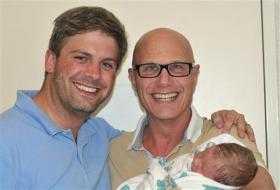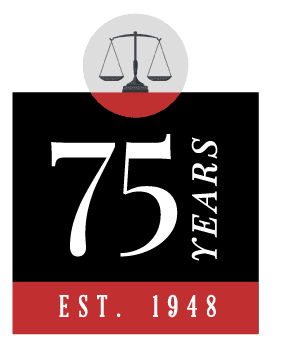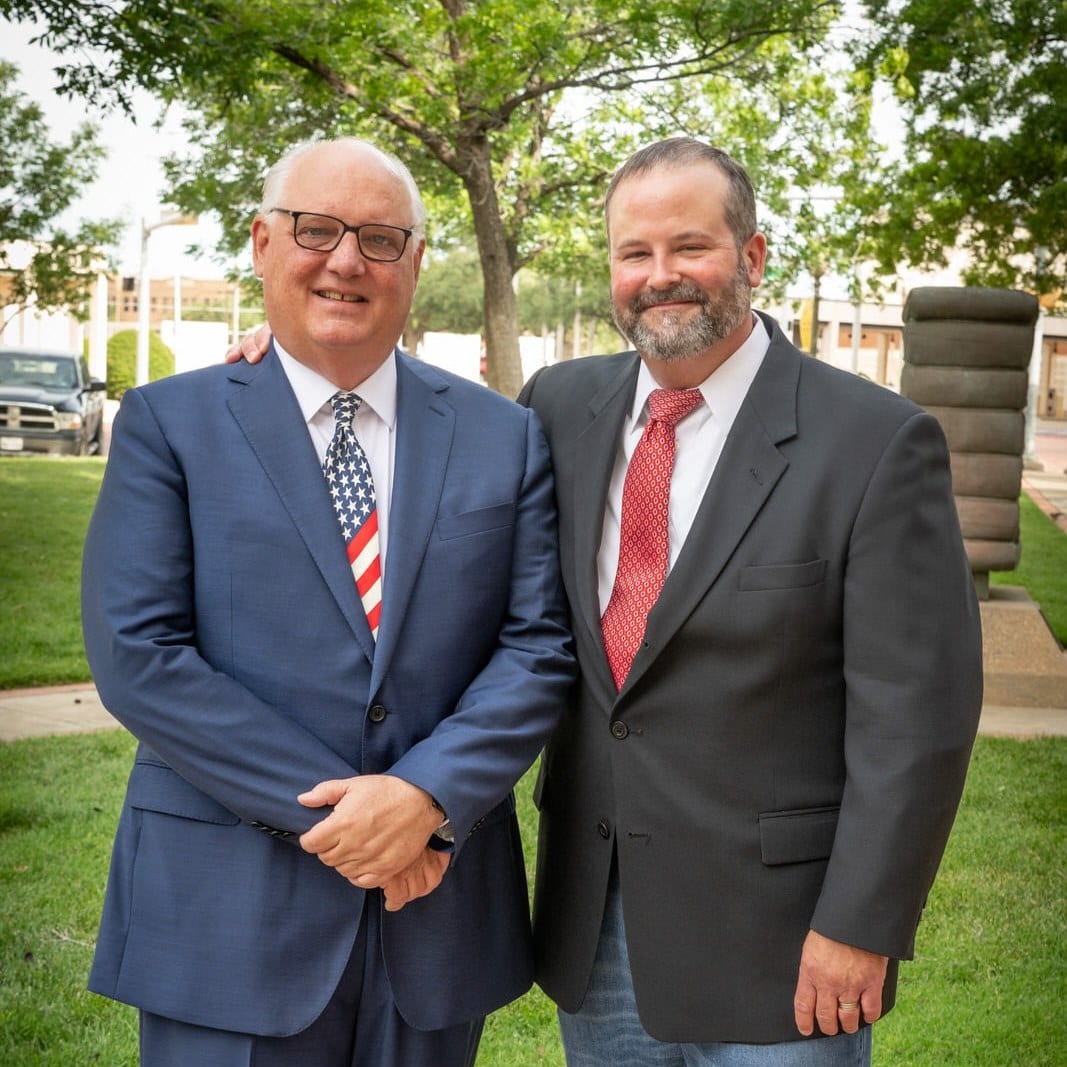 By GABRIEL MONTE
By GABRIEL MONTE
A-J MEDIA
As Thomas Dixon’s second trial was coming to a close, Dallas Sonnier, the eldest son of Dr. Joseph Sonnier, the victim of Dixon’s murder-for-hire plot, began redrafting his victim impact statement.
Dallas Sonnier wrote the statement a year before during Dixon’s first trial in November 2014. He planned to read it in court once jurors returned with a guilty verdict. Dixon was charged with capital murder and would be sentenced automatically to life in prison since the Lubbock District attorney wasn’t seeking the death penalty.
Instead, jurors couldn’t decide on Dixon’s guilt and judge Jim Bob Darnell declared a mistrial and Sonnier’s statement would have to wait until after another trial.
“The analogy I could make is that you’re writing your vows for your wedding and you don’t know if the ceremony is even going to take place,” he said.
Dixon, an Amarillo plastic surgeon, was accused of hiring his business partner, David Shepard to kill Dr. Joseph Sonnier, the chief of pathology at Covenant Medical Center who was dating Dixon’s ex-girlfriend, Richelle Shetina.
Shepard, who admitted to shooting and stabbing Sonnier, pleaded guilty in 2013 to capital murder and avoided the death penalty.
Dallas Sonnier said he wrote his statement to Shepard last-minute and didn’t realize he would be reading it aloud. On Nov. 18, 2015, Dixon was convicted of capital murder and was sentenced to life in prison without parole. His appeal in the 7th Court of Appeals of Texas is pending.
In court, Sonnier, a movie producer, read his four-page long statement he titled, “Rocky II: The Good, The Bad, and Our Dad.”
In his statement, Sonnier thanked the Lubbock community, eulogized his father, and compared Dixon to a heel, a villainous character in wrestling, giving him the nickname, Mike Guilty.
He also offered his sympathy to the children of Dixon and his co-defendant, David Shepard.
“The ability to write your own victims impact statement and deliver it in the courtroom after a verdict is the most cathartic moment and absolutely necessary for the family to get closure by confronting their loved one’s killer. That as simple as you can put this. It is so important for the victims to be able to make a statement publicly, thanking all the people who put their lives on hold for these several weeks and honor the legacy of our loved one. It was the most important moment at that stage in my life. Far and away.”
Defense attorneys
While Sonnier was proud of his statement, Dixon’s attorneys Dan Hurley and Frank Sellers saw it as part of a growing problem with how victim courtroom allocutions are practiced in Lubbock.
“I hate to admit it, because that means you’ve lost a trial but I’ve sat through five in four or five different counties and I can say that the trial I had in Brazos County, College Stattion, the rule was followed,” Sellers said. “I can say that in Midland, the rule was not necessarily followed but it wasn’t to the extreme that the victim impact statements have gotten to in Lubbock where it’s a free for all.”
Allocutions in court
Victim allocution statements were introduced into the Texas legal system in 1991 by the state legislators.
The allocutions aren’t part of the court record nor subject to cross examination and are given after a defendant is sentenced. Allocutions are allowed in cases involving sexual assault, kidnapping, aggravated robbery or crimes that result in death, according to the statute.
The main purpose of the statute is to allow victims to vent their feelings about the defendant, who by then is an offender, and the crime.
Allocutions are different from victim impact statements, a written form which also describe how a defendant’s crime impacted a victim. The statements are typically used by a parole board when they determine if an offender is eligible for early release. Those statements can be reviewed by the defendant and defense attorneys.
Victims are coached by victim coordinators in the district attorney’s office who tasked with providing guidelines for their allocutions.
Pam Alexander, with Lubbock Victim’s Assistance Service, a non-profit organization, has been working with crime victims 24 years. She said victim allocutions were a result of a movement to provide more rights for victims of crime.
Victim’s rights
“The state of Texas gives the defendants an abundance of rights, which none of us have a problem with because that’s the way it should be,” Alexander said. “But victims have very limited rights. This family has to, first of all, they can’t really know
everything involved because of a pending trial. That’s hard to do. My loved one was ripped from me but I can’t know a whole lot of details simply because they may have to testify in court and that testimony just might be, this person’s our loved one, this is how they grew up, this is part of the family. And that’s all. But they still can’t know all the facts in the case.”
She said in her experience working with victims, she has seen family members offer forgiveness or hatred.
Alexander recalled the allocution given by David Rowser to Brian Suniga, who was sentenced to death for killing Rowser’s son during a 2011 armed robbery. Rowser told Suniga he forgave him and encouraged him to accept God, but then said he hopes he wouldn’t make it.
“That right there says it in a nutshell,” she said. “That’s how those families feel.”
Defense attorney Chuck Lanehart, said victim allocutions are rare but when they do happen, it often adds a circus environment to what is supposed to be a dignified proceeding.
“And it’s really more about vengeance, I think, sometimes than justice,” he said. “It’s sort of a surprise. As a defense lawyer, you’ve already lost the case, you know. And you’re thinking about other things besides the victim impact. And then all of a sudden the judge allows this circus atmosphere to occur. So it’s kind of a stressful situation when it does happen.”
Lanehart said some victim impact statements spill over to defense attorneys. But since allocutions aren’t part of the record, they have no recourse.
“I’ve had to object and usually the judge will sustain that objection but none of it’s supposed to be on the record, which makes things even more difficult if you have an objection to the situation,” he said.
Board of judges
In February, Hurley and Sellers approached the Lubbock County Board of Judges and expressed concern about victim allocutions getting out of hand.
They believed victims and their survivors weren’t being properly instructed before giving allocutions and have been making statements that go beyond the scope of what the law allows.
“Instead of a therapeutic exercise, it’s turned into more of a free-for-all of attack anyone and everyone that you’d like to when the focus should be on the defendant and the offense,” he said.
Sellers said he was concerned that the emotions that run during allocutions could result in violence. Hurley noted to the judges the state’s open carry law could increase the risk of violence.
“We’re not trying to say that victims are not at the very least entitled to say something,” Sellers said. “But it’s very specific and they must stick to the rules which are you talk about the defendant, the offense or the effect that the offense has had on you as a victim. And when you get outside those boundaries, there’s just a chance that things could go terribly wrong.”
Lubbock County Criminal District Attorney Matt Powell said he doesn’t believe victim allocutions have gotten out of hand.
“You’re dealing with some extremely emotional things. And when you have a victim impact statement, it’s usually right on the heels of a verdict that culminates in months or years of going through the criminal justice system and then all of a sudden, two minutes later, after you get a verdict you’re saying ok get up here and tell us what’s on your mind,” he said. “For the most part, these victims handle themselves with great dignity, with great class when they do these victim impact statements.”
Sellers said he and Hurley intended to meet with the judges during its meeting immediately after the Dixon trial, but were delayed by another — the Jessica Traylor intoxication manslaughter trial, which they also cited to judges.
In that case, Traylor, 20, pleaded guilty to a 2013 drunken driving crash that killed Liandro Garcia. She was sentenced to six years in prison. Darnell limited allocutions in that case to two people, who made their statements and read statements from other family members.
Family members vented not only at Traylor, who they described as spoiled, but also to her parents, who they believed failed to discipline her.
However, the primary case Sellers and Hurley used as an example of victim allocutions gone awry was Dixon’s.
Joseph Sonnier’s sister, Missy, gave a statement calling Dixon “a piece of trash” and a “lowlife.” She also slung barbs at Dixon’s family, saying “the rotten apple doesn’t fall far from a diseased tree.”
Sonnier’s son Phillip Prestwood’s statements were loaded with profanity and called Dixon a “douchebag.”
“I think the worst of the examples was the Dixon trial,” Sellers said. “Because here you have the eldest son of Dr. Sonnier, who’s a movie producer. And if you read the victim impact statement, I mean it was more a script for a movie than it was what it should have been. And he lashed out at everybody from Dixon’s family, to Hurley to even Richelle (Shetina), if you read the written one. He didn’t read certain parts of it but I mean he even lashed out at Richelle. “
Dallas Sonnier, who apologized to the court for his family’s behavior, said he stands by his statement.
“I’m a Hollywood movie producer,” he said. “So if you put a victim’s impact statement in my hands — of course, I’m going to follow the guidelines — but I’m going to make sure that it’s impactful. That’s what its called: a victim’s impact statement and I made sure that it was impactful. I’m so proud of it. It’s not a moment I asked for but it’s a moment I needed once my dad was murdered and taken away from us.”
Mentioning families
Sonnier said while he does mention Dixon’s family, specifically his children, his words offered sympathy and not hostility.
“There was some moments when I certainly brought up those various people because they’re a part of this. As we all were sitting in that courtroom for a combined 30 plus days over two trials. And so it’s natural that I would bring them up in passing. But that’s all that I did. I never once made a derogatory statement toward the (Dixon’s) children, and I never made a derogatory statement by name towards any of the defense counsel.”
In the Traylor case, Alexander said she believes the Garcia’s statements toward Traylor’s family was valid since Traylor’s issues with alcoholism began when she was 14.
“The family feels like that the defendant’s family could have stepped forward at some point in that individual’s life and stopped it from the outcome that happened,” she said. “They look at it as, ‘You know she had a problem as young as 14 years old. So why didn’t you step in as a parent, love your kid and say, whoa! on this behavior?’ It’s a valid, ‘just whoa! Why didn’t you step in as a parent and love your kid and stay stop and do whatever it takes to make that child stop. So that at the age of 17 they haven’t ripped somebody’s life away?”
Judges weigh in
Judge William Eichman said the board of judges discussed Sellers and Hurley’s concerns and agreed that courts should make sure the allocutions stay within the rules set by the state. However, no formal rules for Lubbock courts were installed.
“We’re not telling victims and family members exactly what they can say,” he said. “We’re giving them some leeway, it’s just if they go too far that we’re going to stop it. And at the same time the statute allows for victim impact statements. We’re going to allow them to say what they feel is on their mind at least if its directed toward the defendant and not toward court personnel, or the attorneys involved and the defendant’s family. Because oftentimes in these cases, the defendant’s families are going through a lot, too. I don’t want to compare that to what the victims’ families are going through but it’s not easy for them either. And they shouldn’t be attacked.”
Hurley said he was satisfied with the board’s decision.
Sonnier said he bears no ill will to Dixon’s family nor toward Hurley and Sellers.
“Dixon’s children didn’t ask for this, just like we didn’t and they’re victims as much as we are. And Hurley and Sellers were doing their job and I respect them for that. Certainly if Hurely and Sellers were to put some stronger guidelines in place for victims impact statements you wouldn’t have any push back from our family.”
• 766-8707
Follow Gabe on Twitter
@AJ_GabeMonte
http://lubbockonline.com/filed-online/2016-11-20/dallas-sonnier-victim-impact-statement-absolutely-necessary#




